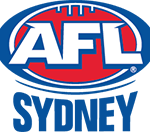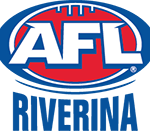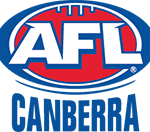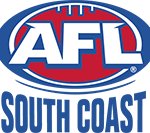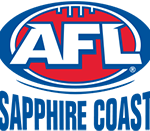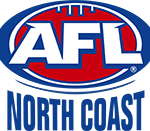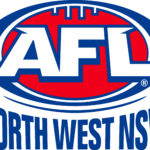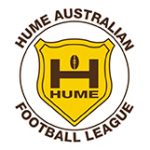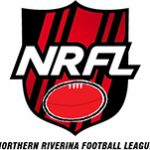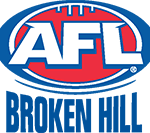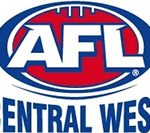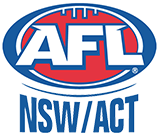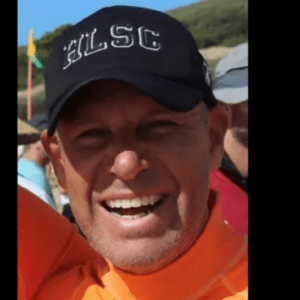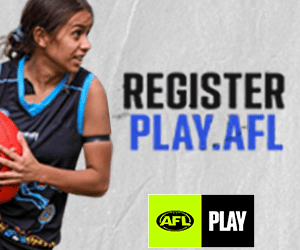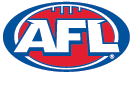Balancing Act
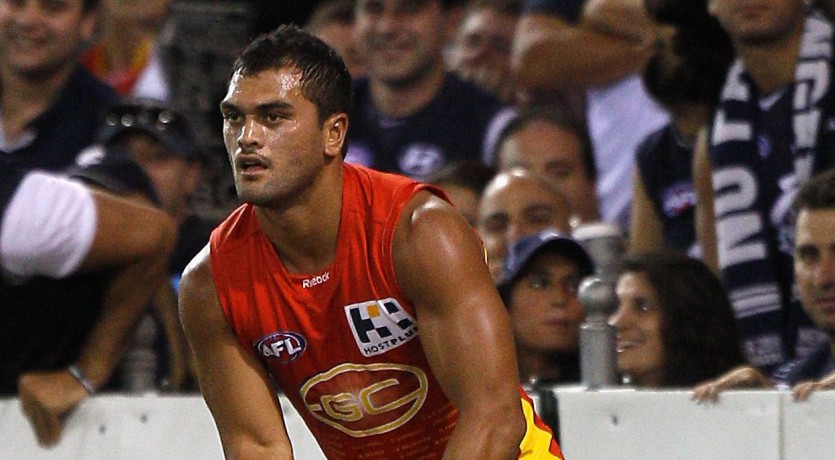
By David Matthews
IN ROUND five of the 2000 season, Jonathan Brown made his debut for the Brisbane Lions against Adelaide. He had zero kicks, zero marks, 0 handballs and 0 goals. Good thing we didn’t condemn his career on that performance because he has gone on to to be one of the modern-day greats. What this example illustrates is the challenge for any young man entering a world-class competition.
The AFL competition is world-class in many respects. The players who are talented enough and committed enough to play at the AFL level are among the most elite of any type of footballers in the world.
Each week, we are privileged to witness their courage, skill and athleticism performed under great pressure and scrutiny and this mix – coupled with the fact the game is available to all shapes and sizes – makes the AFL game one of the most spectacular and entertaining to watch.
So it stands to reason that for any individual, the challenge of developing into an AFL player is not going to be an easy thing to accomplish. Nor should it be.
That is the very challenge that Karmichael Hunt for the Gold Coast Suns and Israel Folau for GWS have gladly undertaken.
Likewise, the two new clubs themselves have taken on similar immense challenges – Gold Coast is confronting the realities of this elite competition but with a long-term list strategy evident for all to see. Just like Hunt and Folau, the Suns are on a development pathway.
The pathways that our current 796 players have taken are many and varied. Although many start in NAB AFL Auskick, others such as Tadhg Kennelly, Kurt Tippett, Daniel Merrett and Kieren Jack come to the game relatively late via very different pathways from each other.
In each case, with good coaching, patience and personal commitment they have developed into fine AFL players. Hunt and Folau have taken unusual routes to the top level, and they deserve more respect and patience – in terms of their development – than has been offered thus far.
I understand the media scrutiny on these two former NRL stars, but what I don’t understand the imbalance in some of the media opinion so far.
Hunt was regarded by Mark Browning (AFL Queensland’s talent manager) as an elite talent when he saw him playing Australian football at a private school in Brisbane.
At the time he was also playing rugby union for the school and had just signed to play rugby league for the Brisbane Broncos.
The AFL – at the time – was not a viable option but times change. Having achieved almost everything he could can in the rugby codes, he saw the AFL as a challenge.
In the last two years, he has represented the Brisbane Broncos and Queensland in rugby league; Biarritz (France) in rugby union and now AFL for the Suns. This is a remarkable achievement under any scrutiny in any era. Surely this is an athlete to be admired for this remarkable mix of achievements?
Hunt continues to develop his skills and understanding of the AFL game – interestingly, Champion Data stats show that in two AFL matches Hunt’s opponents are yet to score a goal.
In his second senior game, after part of a season of preparation in the VFL competition, he held Jarrad Grant to two kicks, and no score (11 disposals) when the Suns were beaten by 71 points by the Western Bulldogs on Saturday.
Hunt had 10 disposals himself at 84 per cent efficiency. But still the scrutiny by some in the media has been on errors rather than achievements. Errors proliferate at all levels of the AFL competition.
You might even find an error or two in the games of Chris Judd and Luke Hodge and Adam Goodes and Scott Pendlebury if that’s your predilection.
Such observers might note that the Suns have played their first two games against two very good teams – finalists both in 2010 – and their defence (not surprisingly) has been under siege. In that context, Hunt has been serviceable and has plenty of upside to offer as he works out the fine culture of the game, and how his teammates operate and cooperate.
It is insulting to Guy McKenna and his coaching staff that people question Hunt’s selection; instead they should be complimented on managing his progress so far.
Folau has had a very limited pre-season with an ankle injury holding him back. At just 22 years of age, and with the size and height of Lance Franklin, he too is an elite athlete – in 2010 he was the leading try scorer in the NRL. Again, having achieved almost all that rugby league has to offer even at such a young age, he sought a new challenge in Australia’s only indigenous game.
Shouldn’t he too be welcomed, acknowledged for his adventure and encouraged? Having played the equivalent of eight quarters for the year, he is just five minutes into a four-year contract.
Much of the scrutiny has come because of speculation as to what these high-profile cross-code recruits are earning. Obviously their player payments are within their clubs’ salary caps and it is also clear that both Hunt and Folau deserve significant ambassadorial roles as befits their profiles and history to assist in the promotion of the AFL game in Queensland and NSW.
In a time when the AFL is investing significantly in the development of new clubs in these states, this surely makes sense to all but the most crusted-on cynics.
The ambassadorial/marketing roles are not unique to Hunt or Folau. Swans’ best and fairest Kieren Jack – who chose the AFL game ahead of the NRL his father Gary dominated -and West Coast’s Nic Naitanui also play similar roles, Jack in Sydney, and Naitanui in many of the AFL’s multi-cultural programs.
Until recently, NSW and Queensland each have had only 40 senior AFL players to promote the game to 50 per cent of Australia’s population; in Victoria there are 16 clubs and 400 players to promote the game.
Of course the pathways of Hunt and Folau will be closely watched, far more than that of Jack, or Brown, or Kennelly in the modern era, because of the huge investment the AFL has made to grow the game through the rugby states of Queensland and NSW.
But that observation surely needs to be tempered with fairness and patience.
Jim Stynes will tell you he took 10 years to become an overnight success, and Michael Tuck, the game’s record holder for games played (426) played 50 reserves games before making his debut.
Nobody can be sure whether Hunt and Folau will make it to such levels but what is certain is that the judgment of people like Kevin Sheehan, the AFL’s national talent manager, Browning, Gold Coast’s well-respected list manager Scott Clayton and GWS’s football manager Gubby Allan – all part of the choosing of Hunt and Folau – has been vindicated many times before.
